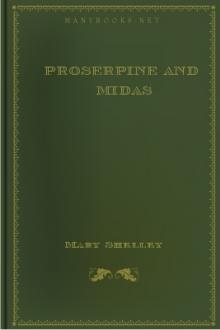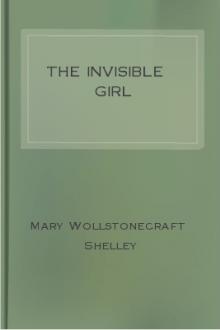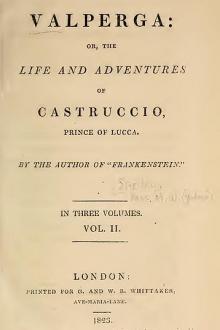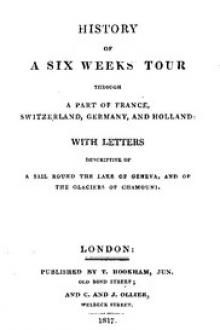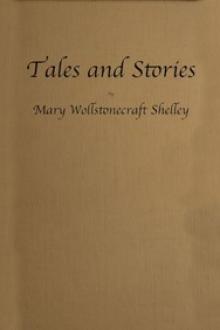The Last Man
The Last Man
Book Excerpt
nd the gay--you heard that he was under a cloud, a lost man; not one thought it belonged to him to repay pleasure by real services, or that his long reign of brilliant wit deserved a pension on retiring. The king lamented his absence; he loved to repeat his sayings, relate the adventures they had had together, and exalt his talents--but here ended his reminiscence.
Meanwhile my father, forgotten, could not forget. He repined for the loss of what was more necessary to him than air or food--the excitements of pleasure, the admiration of the noble, the luxurious and polished living of the great. A nervous fever was the consequence; during which he was nursed by the daughter of a poor cottager, under whose roof he lodged. She was lovely, gentle, and, above all, kind to him; nor can it afford astonishment, that the late idol of high-bred beauty should, even in a fallen state, appear a being of an elevated and wondrous nature to the lowly cottage-girl. The attachment between them led to the ill-fated marriag
Editor's choice
(view all)Popular books in Gothic, Science Fiction, Fiction and Literature
Readers reviews
3.0
LoginSign up
\"render myself worthy of the friendship of Adrian\",
rather than \"Adrian\'s friendship\", or \"the spirits of Raymond were unbounded\", rather than \"Raymond\'s spirits were unbounded\". I have read many English novels from far earlier periods than this book—Jonathan Swift, for example— and have not seen this type of phrase used to this extent. There are other such quirks as well.
Nevertheless, I recommend this book to everyone who enjoys Mary Shelley, 19th to early 20th-century British science
fiction and fantasy, or is an end-of-the-world fan.
http://en.wikipedia.org/wiki/The_Last_Man">
I had never heard of this book until it showed up here on Manybooks. Because I think Frankenstein is definitely one of the classics of English literature, and because I thoroughly enjoyed another of her novels—The Invisible Girl—I was eager to read another science fiction book by Mary Shelley.This book (first published in 1826) tells the story of a plague that gradually wipes out all humankind save for one man. Interestingly, it begins in the year 2073, although I cannot recall anything in the book that introduces any technology or dramatic changes that require making it happen in the far future.
The story is told in the first person by Lionel Verney, the orphaned son of an impoverished English nobleman (and may represent an autobiographical reference to Mary Shelley herself).
There is an excellent page on Wikepedia that describes the book in detail. Rather than merely parrot the facts, I thought that—this being a review, after all—that I would relate what I thought of it.
Since I read this book in e-book form, numbers of pages are somewhat irrelevant, but it felt long.
The book is truly epic in scope, spanning at least 25 years, and is the chronicle of the end of mankind. There are some wonderfully funny moments, but generally it is grim, not surprisingly.
I suppose that the biggest flaw I found in The Last Man is that of the writing style, which seemed ponderous, excessively wordy and formal, as well as overly dramatic.
An example: the (nearly as I can remember) invariable use of the grammatical structure \"the *quality or thing* of *someone*\", as in
\"render myself worthy of the friendship of Adrian\",
rather than \"Adrian\'s friendship\", or \"the spirits of Raymond were unbounded\", rather than \"Raymond\'s spirits were unbounded\". I have read many English novels from far earlier periods than this book—Jonathan Swift, for example— and have
not seen this type of phrase used to this extent. There are other such quirks as well.
Nevertheless, I recommend this book to everyone who enjoys Mary Shelley, 19th to early 20th-century British science
fiction and fantasy, or is an end-of-the-world fan.
http://en.wikipedia.org/wiki/The_Last_Man
- Upvote (0)
- Downvote (0)
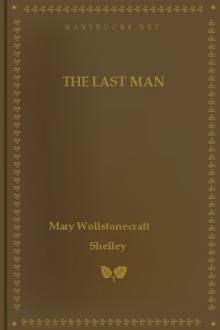
 Free Download
Free Download






















